Taiwan President Tsai Ing-wen left for the United States on Wednesday, a stop on her way to firm up ties with Guatemala and Belize after China snapped up another of the self-ruled island's few diplomatic allies last week.
"External pressure will not hinder our determination to go global," Tsai told reporters at the airport before departing. "We are calm and confident. We will not succumb and we will not provoke (others)."
Belize and Guatemala are among just 13 countries that officially recognise Taipei over Beijing, after Honduras opened diplomatic relations with China on Sunday.
China claims the democratic island as part of its territory to be retaken one day. Under its "One China" principle, no country may maintain official ties with both Beijing and Taipei.
After first visiting New York, President Tsai will continue her 10-day trip by meeting her Guatemalan counterpart Alejandro Giammattei and Belize Prime Minister John Briceno in their respective countries, her office said.
She will then stop in Los Angeles on her way home. US House Speaker Kevin McCarthy has said he will meet Tsai in California, a move protested by Beijing. Taiwanese authorities have not confirmed the meeting with McCarthy, or Tsai's New York itinerary.
Last year, a visit by McCarthy's predecessor to Taiwan sparked an angry response from Beijing, with the Chinese military conducting drills at an unprecedented scale around the island.
On Wednesday, China's Taiwan Affairs Office called Tsai's US stop "a provocation". "This so-called transit by the Taiwan leader is essentially a provocation that aims to seek independence relying on the US," said spokesperson Zhu Fenglian.
A senior US administration official later said China should not use Tsai's stopover as a "pretext" for aggression.
"There's absolutely no reason for China to use that as a pretext to overreact or to engage in further coercion directed at Taiwan," the official told reporters on condition of anonymity, adding the stopover did not represent a change in US policy.
Tsai heads to Latin America at a time when China has upped investment in the region, a key diplomatic battleground between Taipei and Beijing since the two sides split in 1949 after a civil war.
On Sunday, Taiwan accused China of using "coercion and intimidation" to lure away its allies, after Honduran Foreign Minister Enrique Reina and his Chinese counterpart Qin Gang officially launched relations in Beijing.
Honduras, one of the poorest countries in the region, made the switch due to economic necessity, Reina had said earlier.
The move continued a trend in Latin America, with Nicaragua, El Salvador, Panama, the Dominican Republic and Costa Rica all switching diplomatic recognition to Beijing in recent years. In addition to Guatemala and Belize, Taiwan still has official ties with a handful of countries in Latin America and the Caribbean, including Paraguay and Haiti.
-AFP

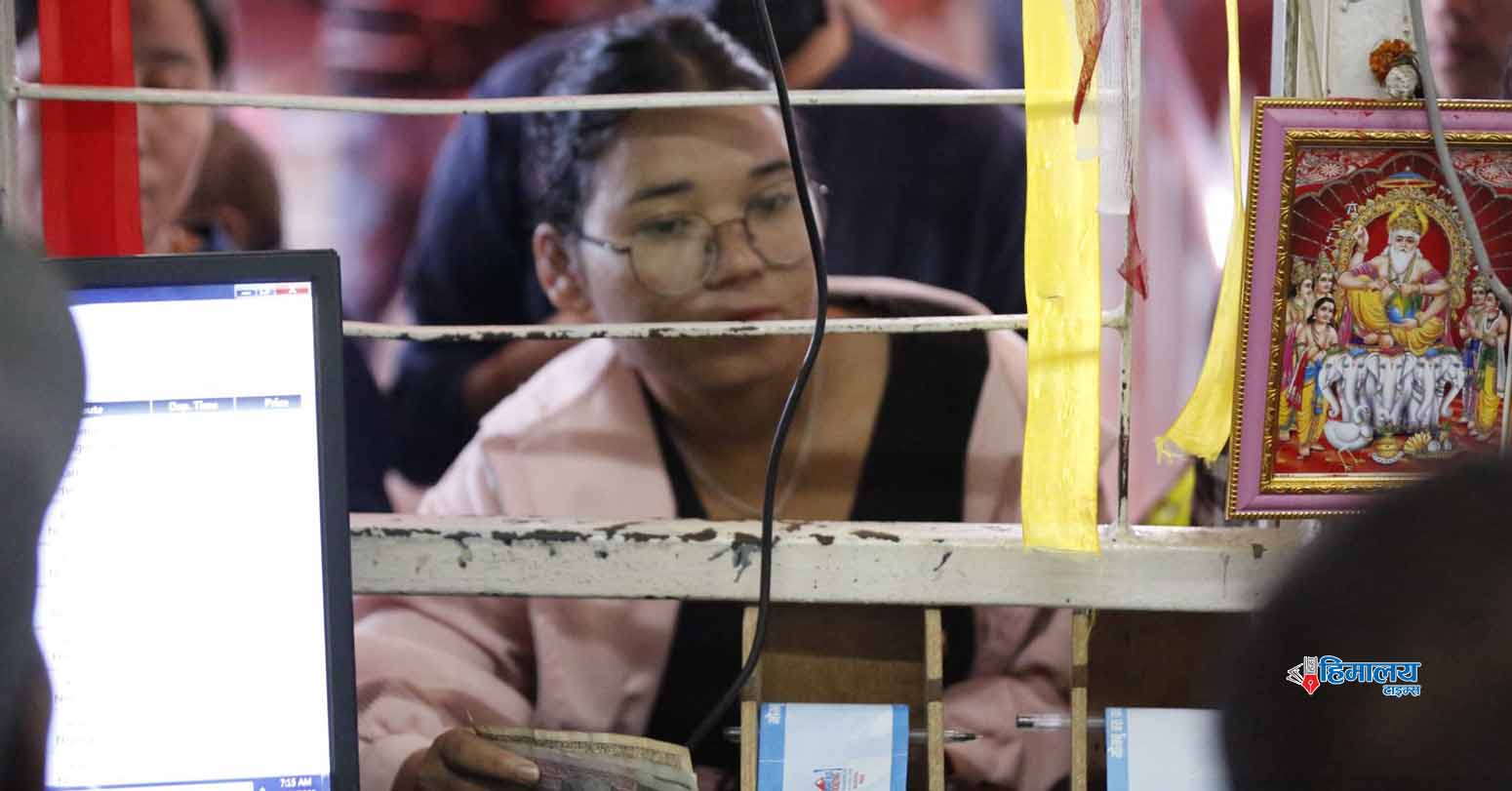


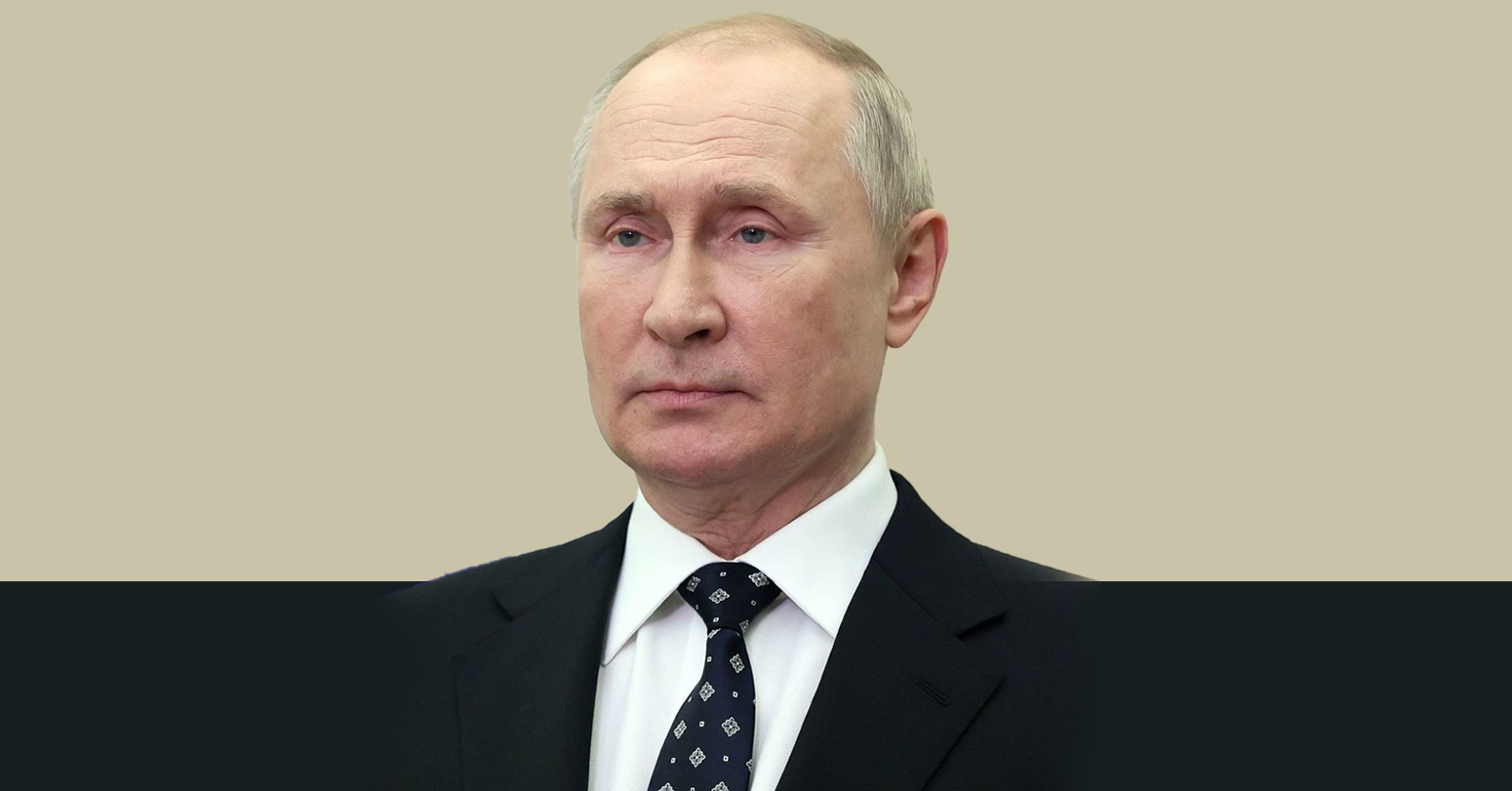
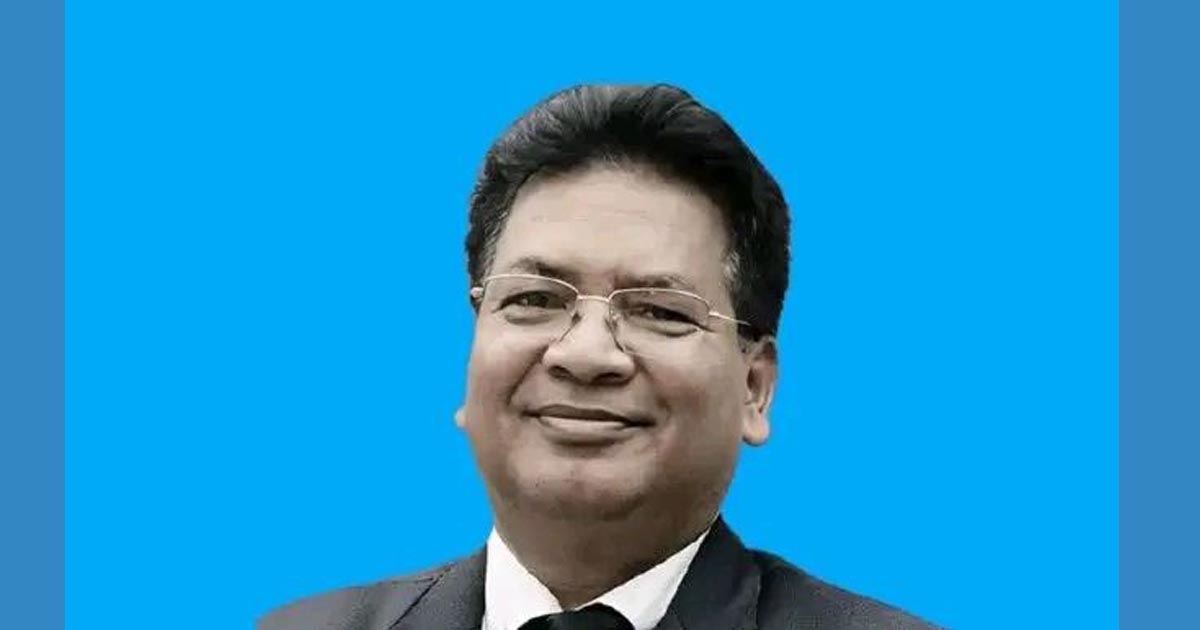
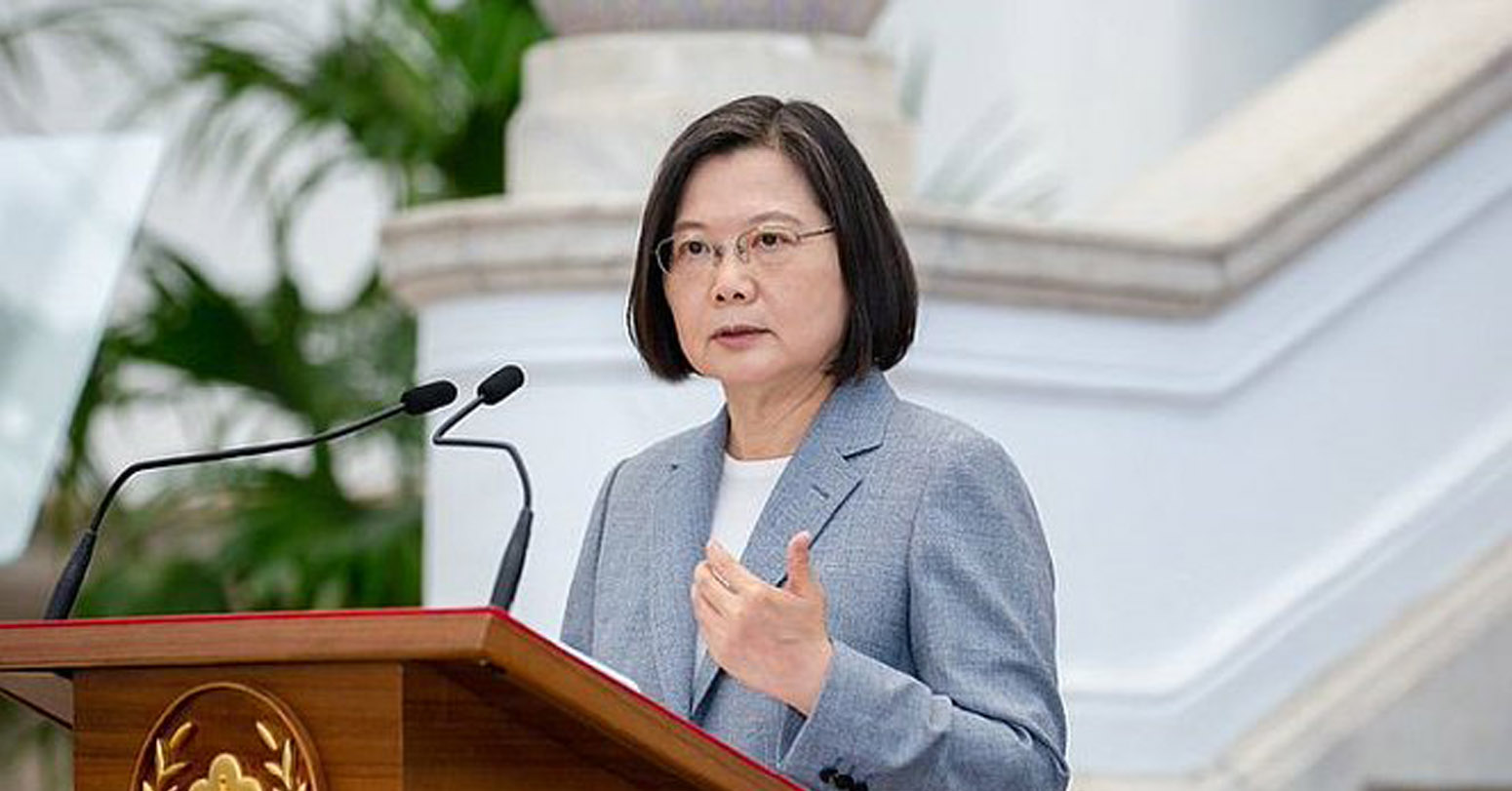


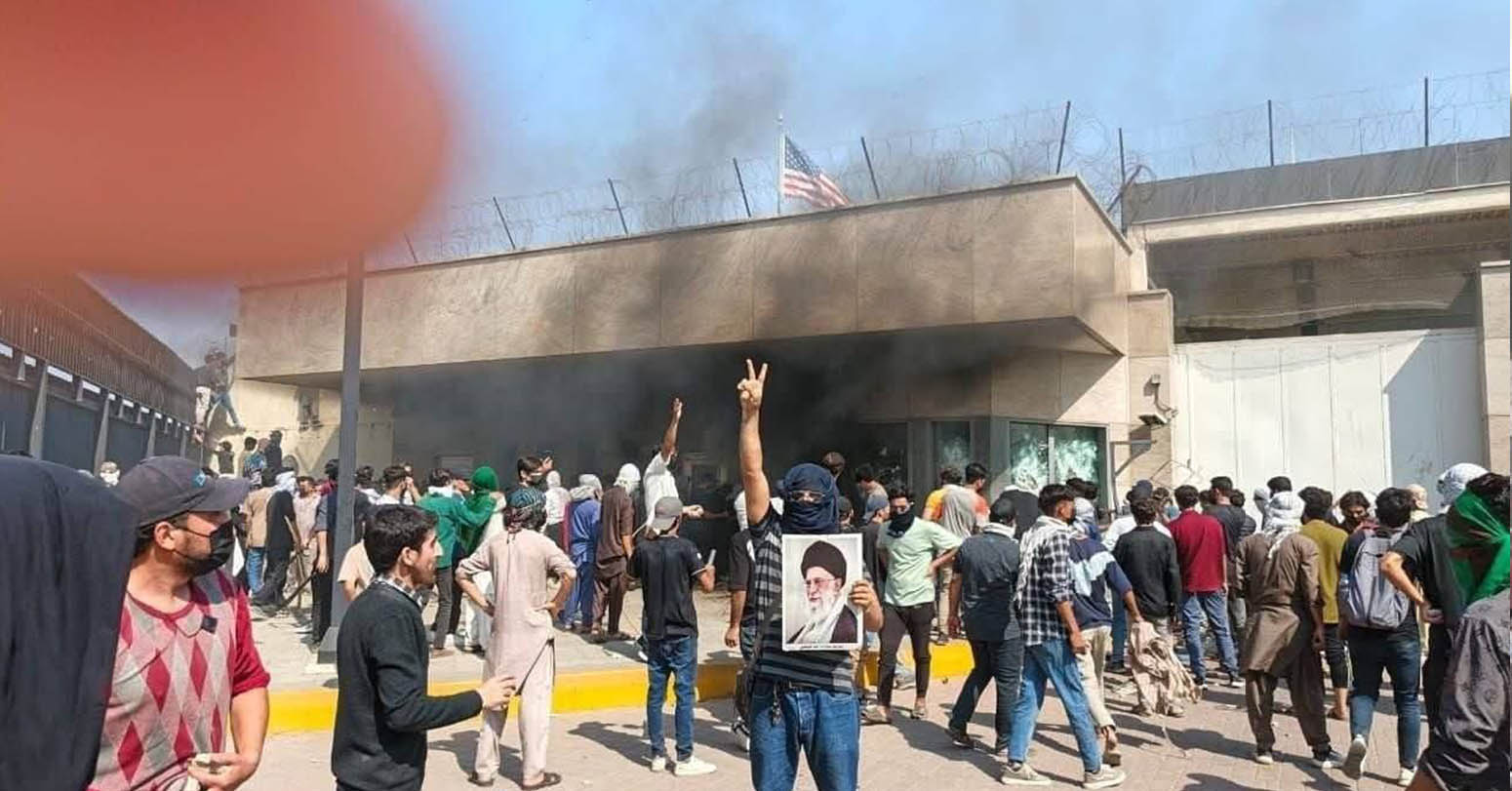

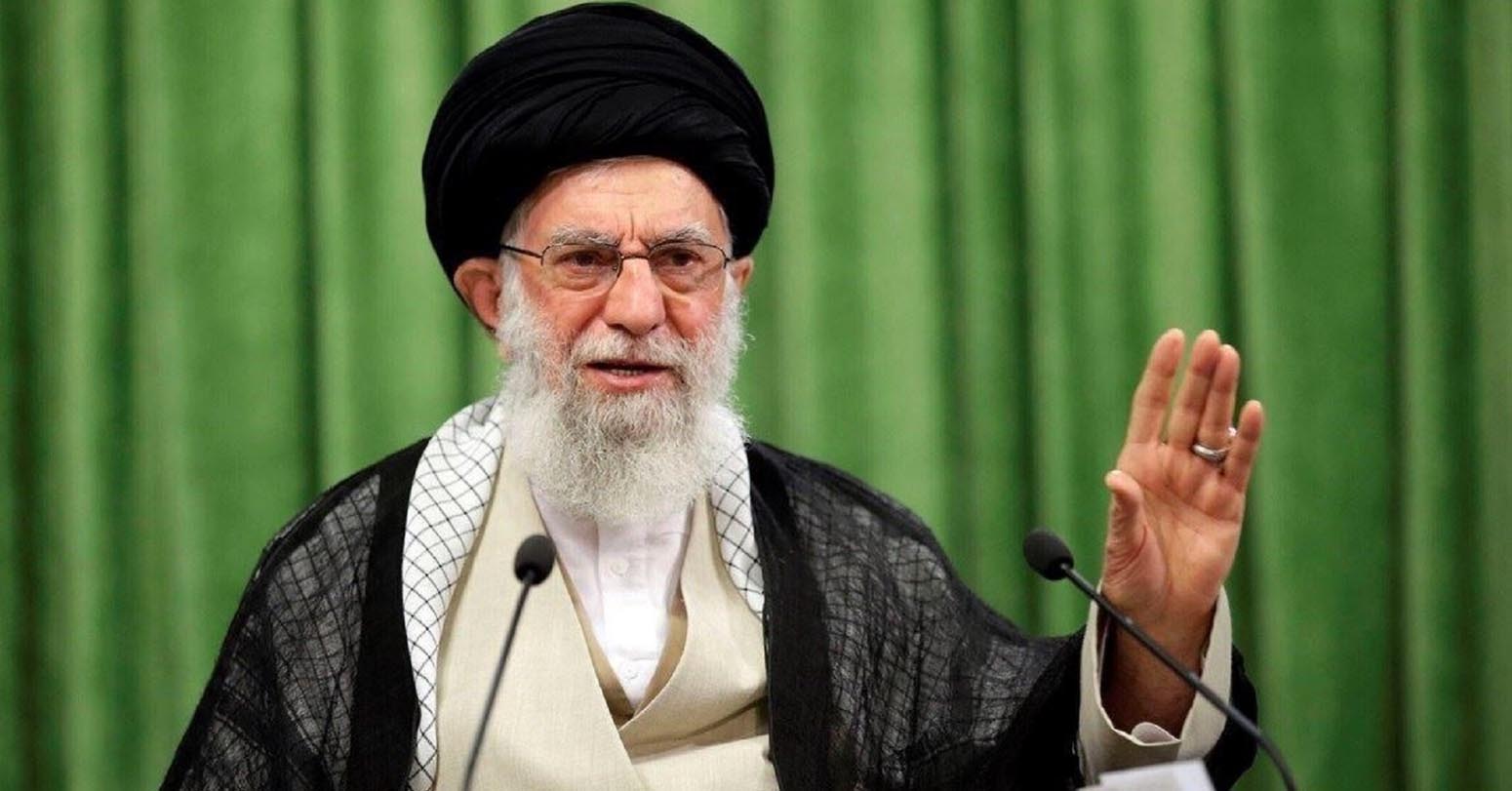
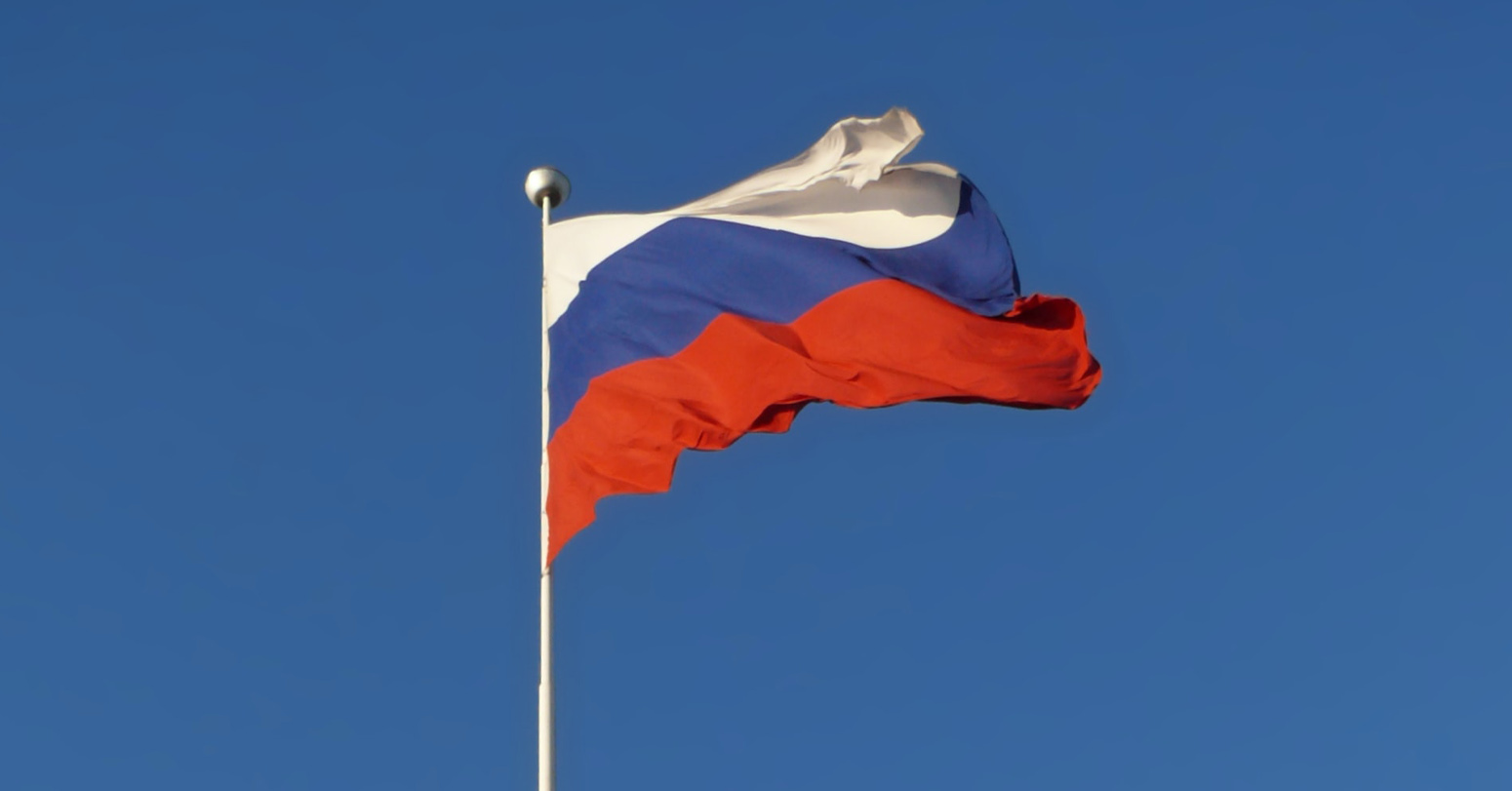
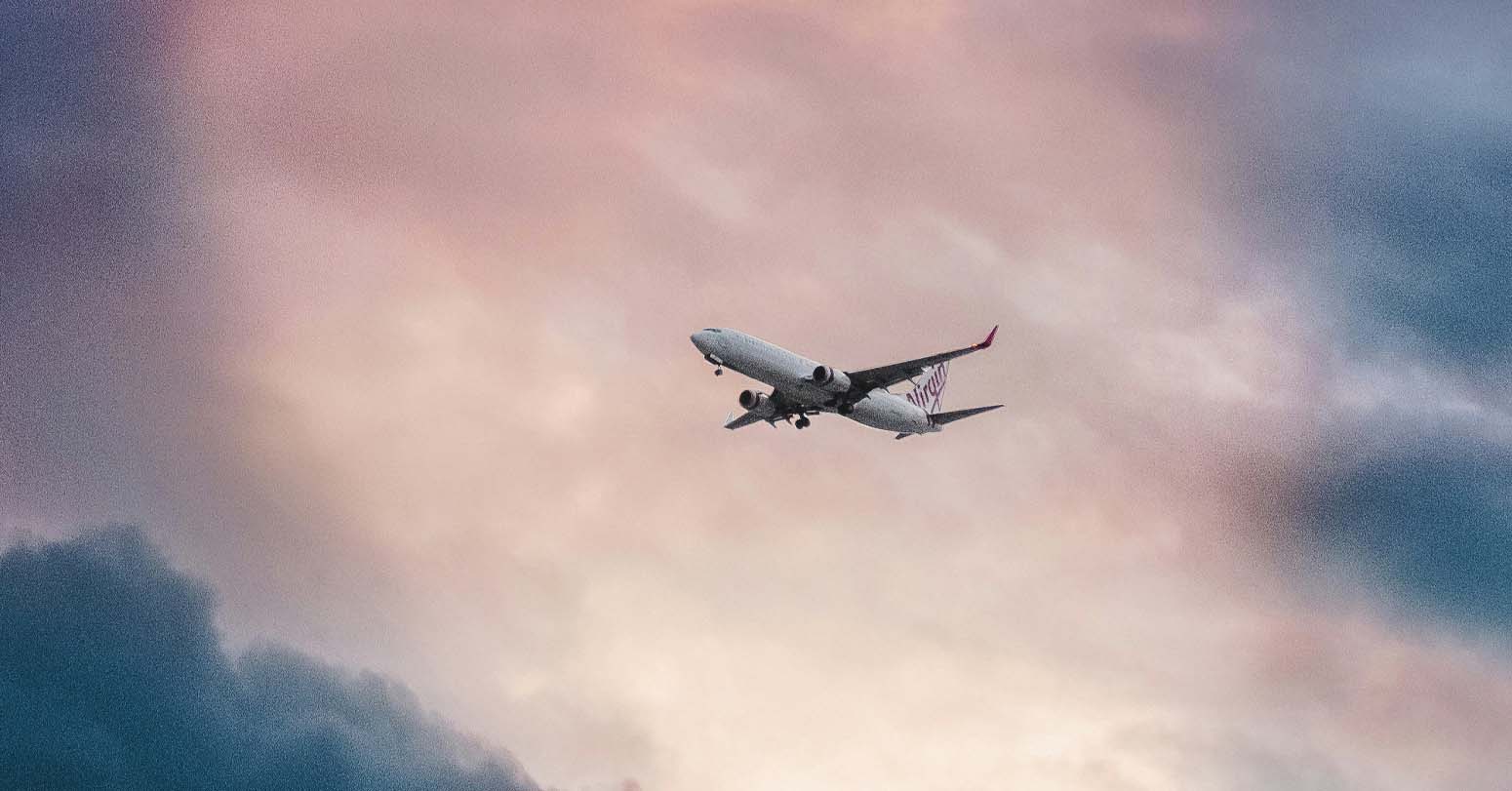
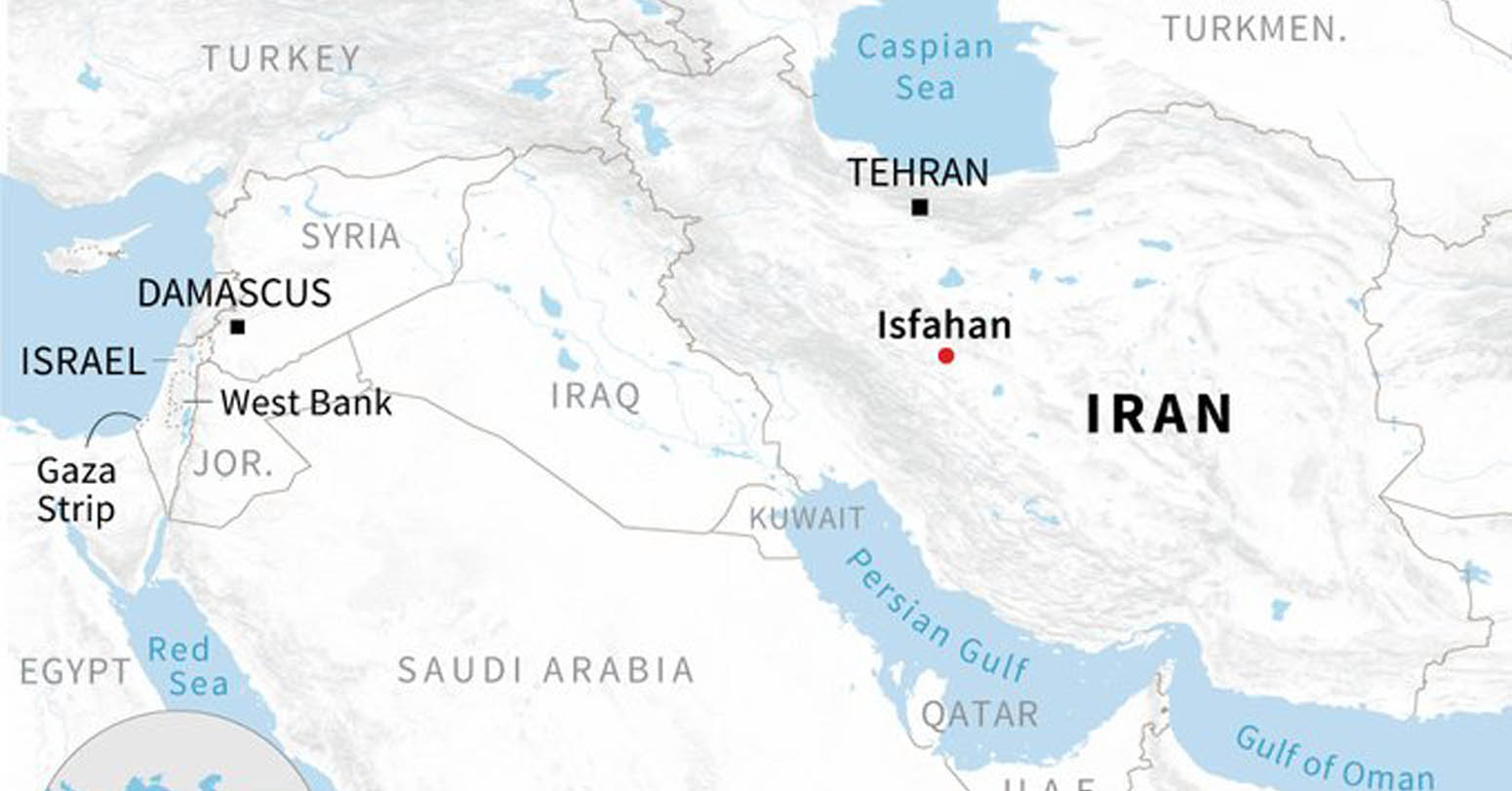

Middle-aged man spends millions to
Dr. Dharam Raj Upadhyay: Man
Children, Greatest Victims Of Sudan’s
Breathing The Unbreathable Air
Comprehensive Data Protection Law Critically
Gender Differences In Mental Healthcare